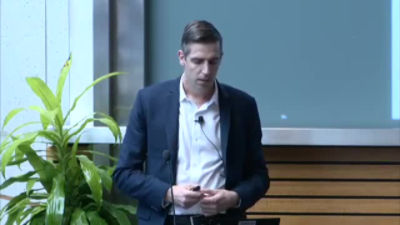Corruption is a crucial development challenge, but, by its very nature, difficult to detect. This Policy Research Talk will focus on new methods to detect grand corruption.
In the first part of the presentation, World Bank economist Bob Rijkers will analyze the relationship between political connections, regulation, and firm performance via a case study of state capture in Tunisia during the rule of Ben Ali. Firms owned by the Ben Ali family accounted for 16% of private sector profits, and were especially profitable in highly regulated sectors. Ben Ali-owned firms were also more likely to evade taxes, evading at least $1.2 billion USD in import taxes alone. Regime change does not seem to have curbed capture.
The second part of the presentation will discuss a new method to detect corruption in customs. Application of this method in Madagascar led to the sanctioning of several inspectors, reform of the customs administration, and coincided with rapid revenue growth.
Rijkers will conclude with an analysis of the relationship between international aid disbursements and the accumulation of hidden wealth in private bank accounts in tax havens held almost exclusively by elites. In the most aid-dependent countries, aid disbursements are shown to coincide within the same quarter with significant and substantial increases in offshore deposits held in tax havens. By contrast, aid is not associated with financial flows to other destinations. Diversion of international aid is a possible explanation for this pattern.



